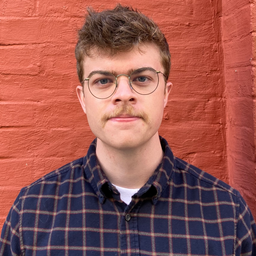L’environnement bâti du queer au Canada
Mon statut pour la session
Le queer et les histoires des personnes lesbiennes, homosexuelles, bisexuelles, transgenres et queers font partie de la production architecturale et historique. Pourtant, la place qu’occupent ces perspectives est moins importante que celle des récits hétérocentriques. Cette séance vise à interroger tous les aspects de l’environnement bâti canadien liés à l’identité sexuelle et de genre. Il s’agit d’examiner les succès et les échecs de la prise en compte des corps et des voix des personnes queers et trans dans l’architecture, l’histoire de l’architecture et le patrimoine, notamment par l’étude des espaces queers au Canada du point de vue de la théorie queer pour analyser l’environnement bâti, et par l’exploration de la façon dont les personnes et les lieux queers ont été exclus du canon architectural. Nous invitons les chercheurs à présenter leurs travaux fondés sur des études de cas, sur la recherche-création et sur la collaboration interdisciplinaire. Les présentations qui abordent l’identité et la représentation de manière intersectionnelle sont encouragées.
Sous sessions
What role has the department store played in shaping Canadian identity, and how has its built environment been reappropriated by queer folk to queer ends? From its overtly colonial origins of 1670 to its merger with American corporations in 2006, the Hudson’s Bay Company (HBC) has always been a space for buying and selling goods, but what about other exchanges of goods that happen behind the thin walls of bathrooms in HBC department stores? To date, scholarship has focused primarily on the...
The bar is only a ghost to us now, but it was once printed in the ads of cruising spots as the “Love Discotheque.” Previously located at 1418 Rue Guy in Montreal, Quebec, a building that was demolished and whose land now houses Concordia University’s John Molson Building, the Love discotheque, or also known to locals as the “Love,” is etched in faded blank ink into the pages of the Body Politic magazine from 1973. To partygoers, the Love offered a safe space for dancing, drug...
This paper proposes a critical appreciation of Canadian architecture as an expression of a distinctly complex and evolving relationship among people and place. This endeavour is certainly not new to architectural history, yet is more prescient these days given some of the challenges facing our fractured and contested collective legacies at a time when nationalism as a concept is being challenged to demonstrate its relevancy to many societies.If this paper has done its job, it will h...



